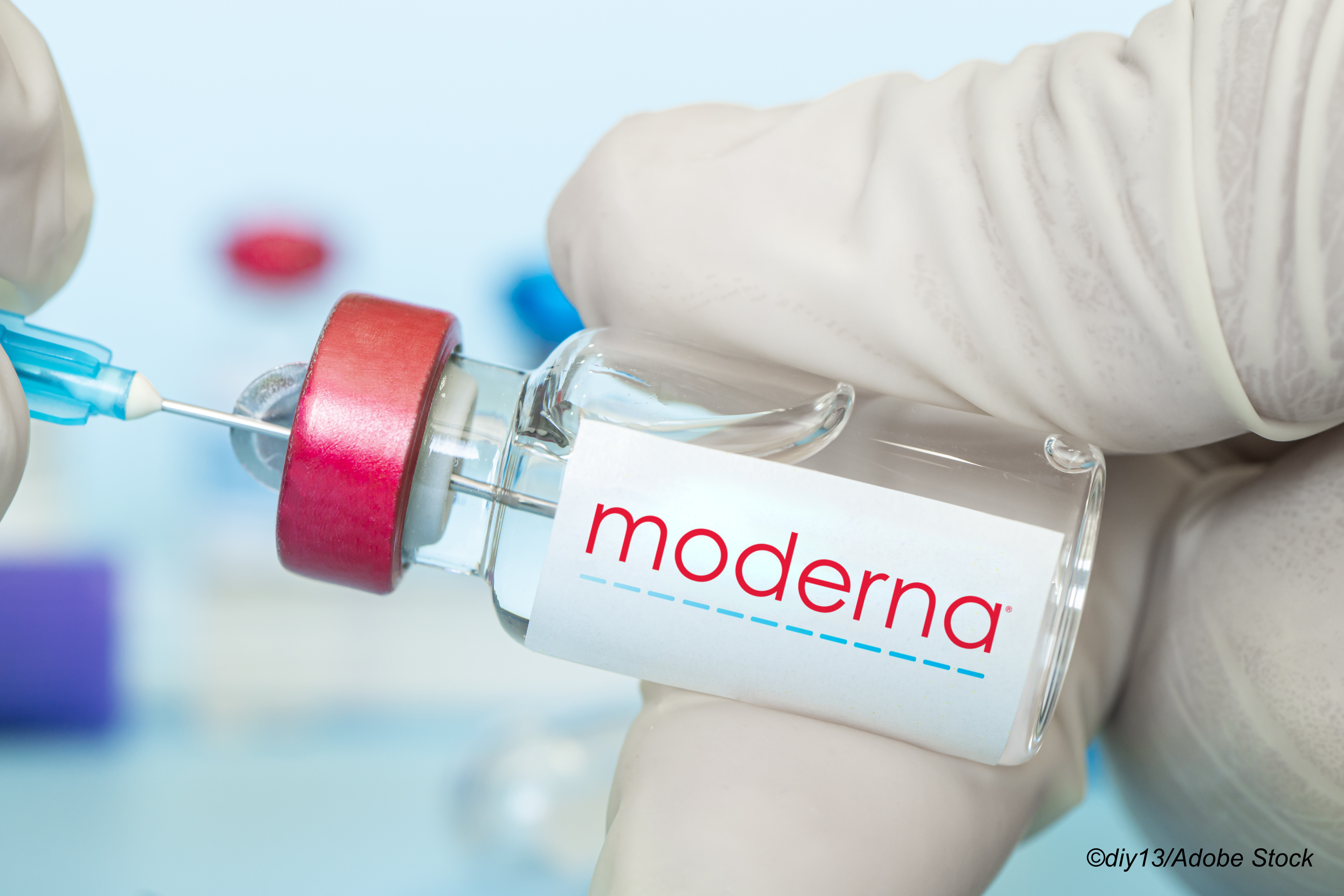The FDA’s Vaccines and Related Biological Products Advisory Committee (VRBPAC) voted unanimously to recommend offering boosters of Moderna’s Covid-19 vaccine, mRNA-1273, to patients age 65 and older and adults ages 18-64 who are at-risk for severe Covid-19 infection.
After reviewing the evidence, VRBPAC endorsed a half-dose of the vaccine to follow at least six months after the primary vaccination series in these patients. If the FDA decides to grant an EUA based on this recommendation—and if the CDC and its Advisory Committee on Imunization Practices (ACIP) later sign off on it—then this will be the second currently authorized vaccine made available for booster dosing in these patient populations. The first, Pfizer-BioNTech’s BNT162b2, gained authorization for booster doses in late September.
While the FDA is not required to follow the recommendation of its advisory committee, it typically does so; thus, the agency may announce emergency authorization for booster doses as early as this week.
During the meeting, several VRBPAC members noted a lack of definitive data justifying boosters for recipients of the mRNA-1273 vaccine; however, many concluded that they should follow the precedent set by the FDA’s earlier decision on the Pfizer vaccine rather than deny booster access to nearly half of vaccinated Americans in these patient populations.
“From a pragmatic point of view, because we’ve already approved it for Pfizer, I don’t see how we can possibly not approve it for Moderna,” said committee member Stanley Perlman, MD, PhD, of the University of Iowa, according to The New York Times.
Research presented at the meeting showed that the efficacy of mRNA-1273 is still holding fairly strong in preventing hospitalization and death due to Covid-19, at least in comparison to Pfizer’s vaccine. Therefore, Moderna representatives concentrated its booster arguments on the prevention of mild-to-moderate disease.
Notably, while the data presented demonstrated that participants’ mean antibody levels were 1.8 times higher after the booster dose compared to the initial vaccine series, which met FDA requirements, the vaccine only raised neutralizing antibodies at least four-fold in 87.9% of patients, falling short of the agency’s requirement of 88.4%, the Times reported.
Now that VRBPAC has made a decision on the Moderna vaccine, the committee is lined up to discuss a similar booster recommendation for Johnson & Johnson’s Covid-19 vaccine, the last of the three currently authorized shots for Covid-19 in the U.S. That meeting is scheduled for Friday, Oct. 15.
And that’s not the last word on Covid-19 that will come from the FDA this fall—on Thursday, Oct. 14, the agency announced that it is scheduling a meeting of its Antimicrobial Drugs Advisory Committee (AMDAC) for Nov. 30 to discuss the possibility of an EUA for Merck/Ridgeback’s antiviral molnupiravir to treat mild-to-moderate Covid-19. This decision followed two days after Merck submitted an application for emergency authorization of the drug, based on positive findings from the phase III MOVe-OUT trial.
John McKenna, Associate Editor, BreakingMED™
Cat ID: 31
Topic ID: 79,31,730,933,31,926,561,927,725,928,925,934



